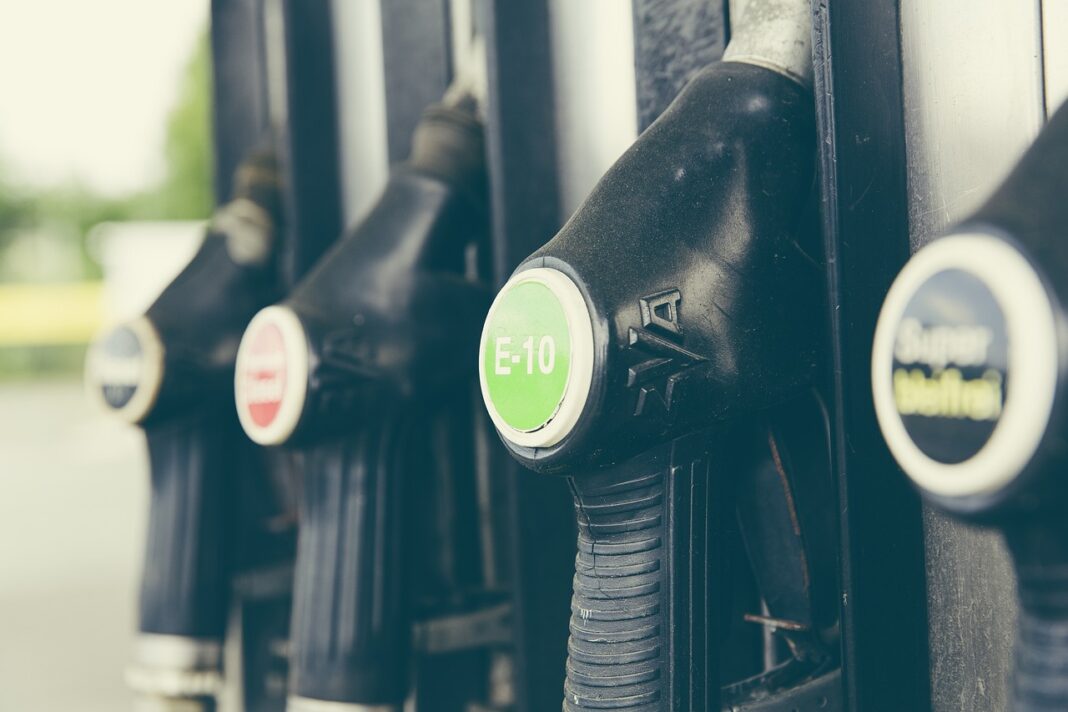What is OPEC+?
OPEC+ is an alliance of oil-producing nations that work together to regulate oil production and influence global oil prices. The group consists of the Organization of the Petroleum Exporting Countries (OPEC) and non-OPEC allies, including Russia, Mexico, and Kazakhstan.
The primary goal of OPEC+ is to stabilize oil markets by adjusting production levels to meet global demand, preventing price volatility that could harm both producers and consumers.
The Origin of OPEC+
OPEC was founded in 1960 by five major oil-exporting countries, Saudi Arabia, Iran, Iraq, Kuwait, and Venezuela; to coordinate petroleum policies and protect their interests in the global market.
In 2016, OPEC partnered with 10 additional non-OPEC oil-producing countries, creating OPEC+ in response to the oil price crisis triggered by an oversupply of crude oil. This expanded group has since played a key role in managing production cuts and stabilizing prices.
Member Countries of OPEC+
OPEC+ includes 24 nations, divided into:
OPEC Members (14 nations):
– Saudi Arabia
– Iran
– Iraq
– Kuwait
– Venezuela
– United Arab Emirates (UAE)
– Algeria
– Angola
– Congo
– Equatorial Guinea
– Gabon
– Libya
– Nigeria
– Brazil (Newest Member)
Non-OPEC Members (10 nations):
– Russia
– Mexico
– Kazakhstan
– Azerbaijan
– Bahrain
– Brunei
– Malaysia
– Oman
– South Sudan
– Sudan

How OPEC+ Influences Oil Prices
OPEC+ plays a crucial role in global oil markets by adjusting production output based on economic conditions. The group meets regularly to assess market trends and determine necessary production cuts or increases.
Key mechanisms OPEC+ uses include:
– Production Quotas: Each member country agrees to a set oil output level to prevent oversupply.
– Supply Adjustments: When demand drops (e.g., during the COVID-19 pandemic), OPEC+ reduces production to maintain stable prices.
– Collaboration with Major Economies: OPEC+ monitors global economic shifts and adjusts policies accordingly.
Challenges Facing OPEC+
Despite its influence, OPEC+ faces several challenges:
– Internal Disputes: Member countries sometimes disagree on production targets, leading to tensions within the group.
– Rise of Renewable Energy: The transition to clean energy threatens long-term oil demand.
– Geopolitical Conflicts: Sanctions on major producers like Russia and Iran impact production and pricing strategies.
– U.S. Shale Competition: The rise of shale oil production in the U.S. has reduced OPEC+’s market dominance.
Future of OPEC+
As the world shifts towards renewable energy, OPEC+ must adapt its strategies. While oil will remain a key energy source for decades, the organization may need to diversify its policies to remain relevant in a changing global economy.
What are your thoughts on OPEC+? Do you think its influence will continue, or will alternative energy sources take over? Let us know in the comments!







